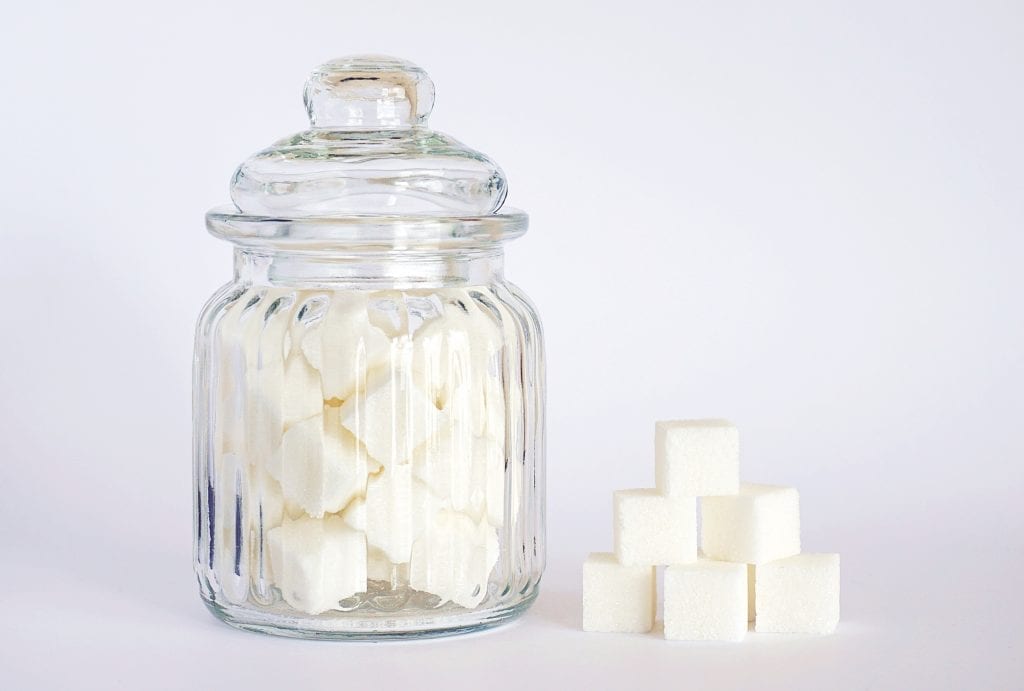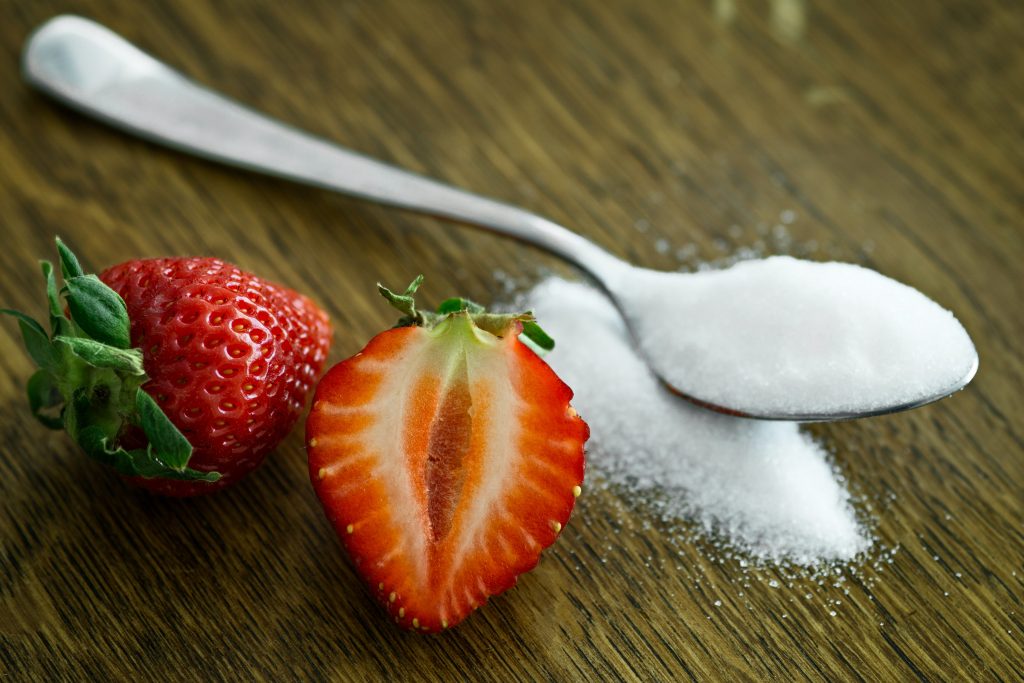Do Sweeteners Help You Lose Weight?
Sweeteners are no healthier than sugar and can sometimes be even more harmful to our diet. They are increasingly used by companies to lower the number of calories in their products and by people to sweeten coffee and herbal teas.
For some time now, the effects of sweeteners have been under the magnifying glass of researchers from the most important universities. Several studies have already shown how the use of these low-calorie sugar substitutes favors the development of type 2 diabetes in those who use them regularly. Other researches have instead highlighted how they deceive the brain and paradoxically make you gain more weight.

Sugar substitutes can either be natural or artificial. The first category includes substances such as sorbitol, xylitol, or maltitol. Substances such as aspartame, acesulfame, saccharin are instead artificial: they have a strong sweetening power (from 30 to 500 times that of sugar) and, in the quantities used, they are practically devoid of caloric value. Overall, the substitute sweeteners of sucrose, in the doses allowed by current legislation, are harmless.
In the vast majority of studies, there was no significant difference between sweeteners and sugar, with regard to:
• weight;
• blood sugar control;
• tooth health;
• cancer;
• cardiovascular diseases;
• kidney disease;
• mood disorders.

Cancer, kidney diseases, toxicity: these are some of the problems that are connected with the use of these products. However, in 2011, after reviewing two studies that had attracted significant media attention, EFSA, the European food safety authority, concluded that these researches do not constitute a reason to reconsider previous assessments on the safety of food sweetening food additives authorized in the European Union.
